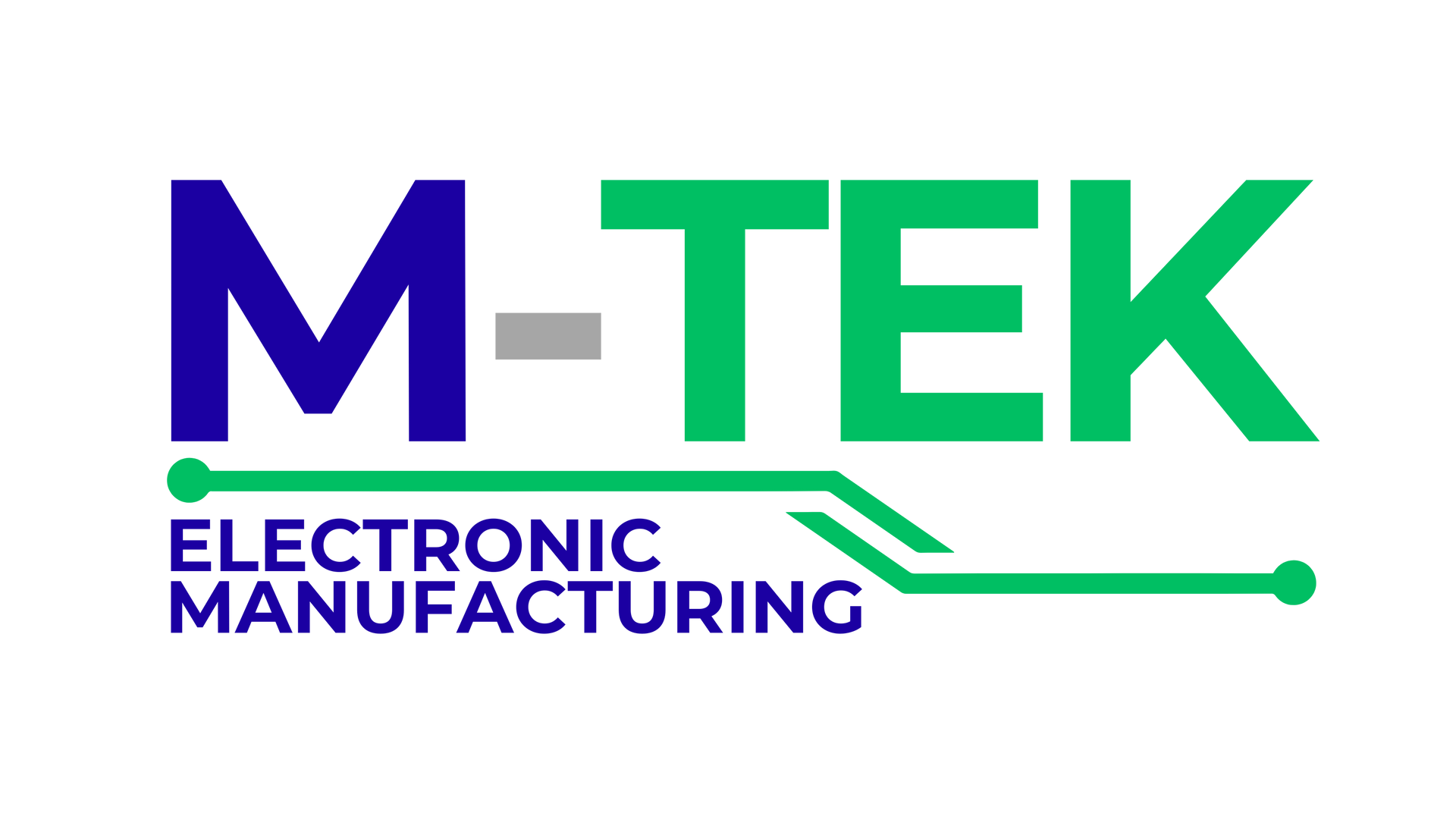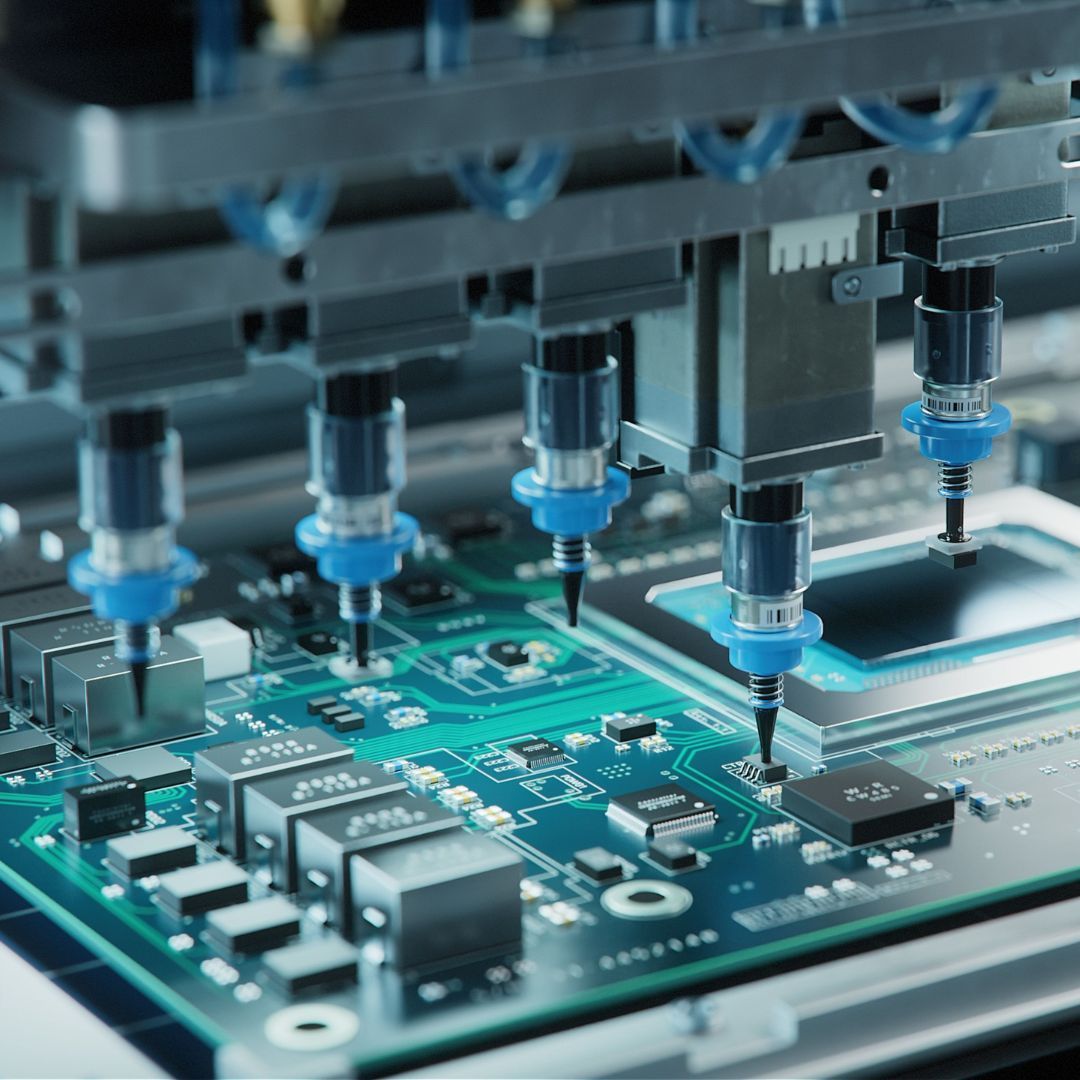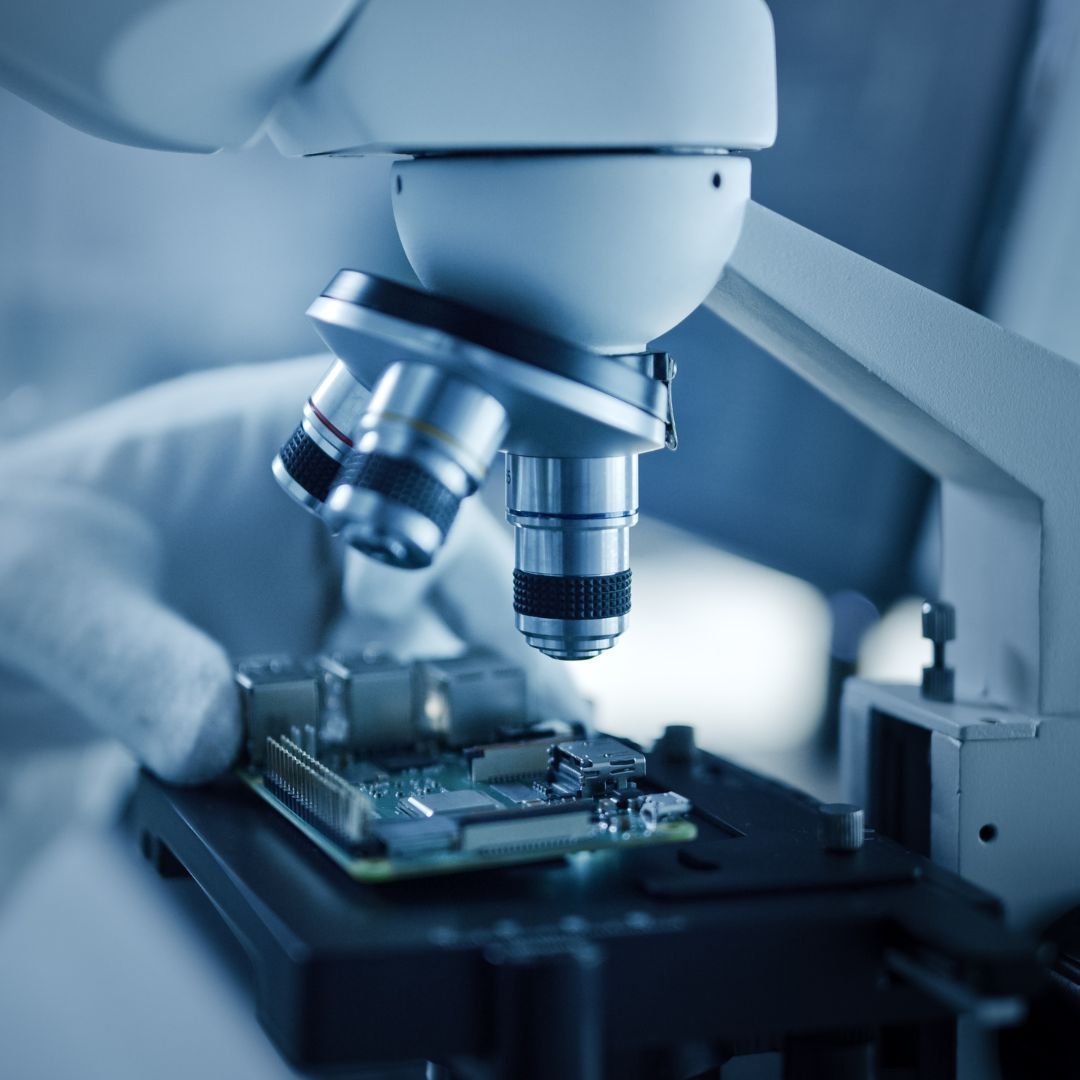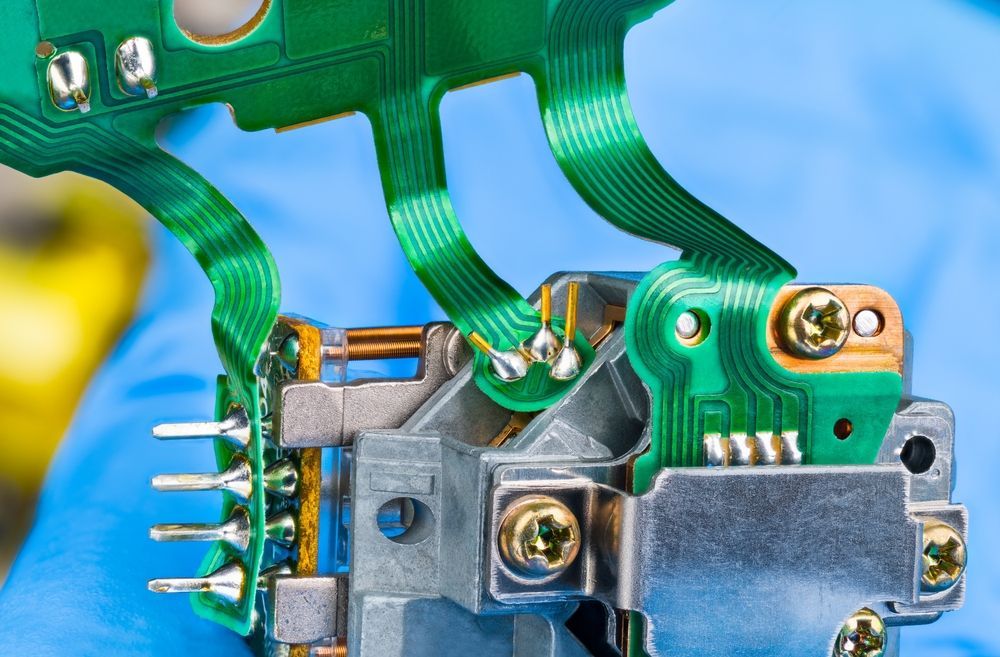
As the world becomes increasingly aware of the environmental impact of human activities, industries are facing the pressing need to adopt sustainable practices.
The electronics industry, in particular, has come under scrutiny for its contribution to carbon emissions and environmental degradation. Printed Circuit Board (PCB) assembly, a fundamental process in electronics manufacturing, has a significant carbon footprint.
However, consumers have a vital role to play in driving change and supporting
carbon-neutral PCB assembly.
Understanding the Carbon Footprint of PCB Assembly
To comprehend the consumer's role, it is essential to understand the carbon footprint of PCB assembly. The manufacturing process involves various stages, from raw material extraction to fabrication, assembly, and transportation.
Each step contributes to greenhouse gas emissions, which impact climate change and ecological balance.
One of the most critical factors in PCB assembly's carbon footprint is the energy-intensive processes involved, such as soldering, etching, and component placement. Additionally, the sourcing and transportation of materials from different parts of the world further amplify the environmental impact.
Consumers' Impact and Influence
Consumer demand plays a significant role in shaping the electronics industry. As individuals, we have the power to influence companies to adopt eco-friendly practices and prioritise carbon neutrality. By making conscious and informed choices, we can drive manufacturers to transition towards sustainable PCB assembly methods.
Choosing Environmentally Friendly Products: Consumers should seek products from companies that prioritise carbon neutrality in their supply chain. Opting for electronics brands that transparently communicate their sustainability efforts can make a difference.
Supporting Eco-Certifications and Labels: Many organisations offer certifications and labels that identify eco-friendly products. Consumers can look for labels such as Energy Star, EPEAT, or other regional certifications that validate a product's reduced environmental impact.
Extending Product Lifespan: By using electronics for a more extended period, consumers reduce the demand for new products, subsequently decreasing the need for new PCB assembly and its associated carbon emissions.
Recycling and Proper Disposal: Responsible e-waste management is crucial in reducing the environmental impact of electronics. Consumers should recycle old devices through authorised facilities or return programs provided by manufacturers.
Advocating for Change: Consumers can actively support carbon neutrality in PCB assembly by raising awareness and demanding sustainable practices from electronics manufacturers. Social media, online petitions, and engagement with companies can amplify these efforts.
The Role of Education and Awareness
Education plays a pivotal role in empowering consumers to make environmentally conscious decisions.
Governments, NGOs, and electronics manufacturers must collaborate to raise awareness about the carbon footprint of PCB assembly and the positive impact of supporting carbon neutrality.
Providing transparent information on a product's lifecycle and carbon emissions can enable consumers to make informed choices aligned with their values.
Innovations and Industry Collaboration
While consumer-driven demand is essential, long-term success in achieving carbon-neutral PCB assembly also relies on industry innovations and collaborations.
Governments can offer incentives to encourage electronics manufacturers to adopt greener practices and invest in research and development of eco-friendly technologies.
Carbon-Neutral PCB Assembly: Conclusion
The transition towards carbon-neutral PCB assembly is a collective responsibility that involves consumers, manufacturers, and policymakers.
As consumers, our choices have a ripple effect that can drive significant change in the electronics industry's sustainability practices. By making informed decisions, demanding transparency, and supporting eco-friendly products, we contribute to a greener and more sustainable future for generations to come.
Call
01189 455377 or follow us on
Twitter to learn more about our products and services.
Recent Posts
Call Our Team
Want to find out more about our PCB assembly services? Speak to our team to find out how we can help you.
Join the Newsletter
We will get back to you as soon as possible
Please try again later





